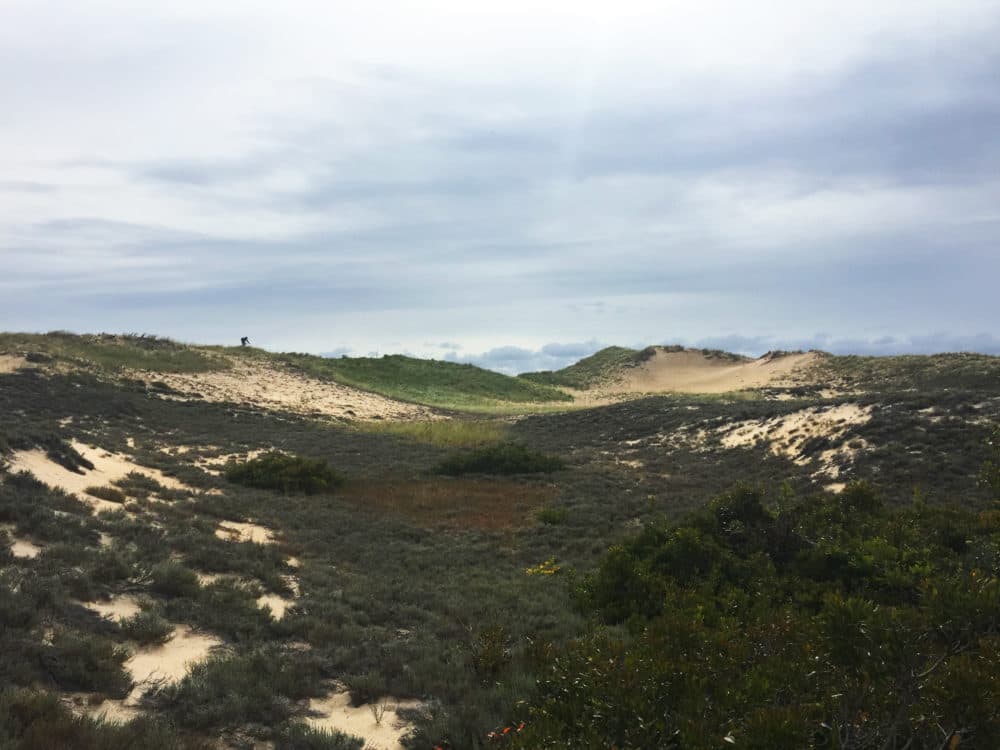Advertisement
Report: To Protect Plant Diversity, Mass. Should Target 'Climate Resilient' Habitats

If Massachusetts wants to protect its plant diversity from a changing climate, it should focus conservation efforts on habitats with a range of “microclimates,” according to a new report from the environmental groups Native Plant Trust and The Nature Conservancy.
Massachusetts has the highest number of plant species and subspecies of any state in New England, according to the report, “Conserving Plant Diversity in New England.” But that flora faces a number of immediate and long-term threats, from invasive species to development to climate change. One Massachusetts-based study found that as much as 18% of historically documented native plant species in the state no longer exist, according to one 2015 report.
Even where specific plants grow is changing due to the higher temperatures and increased precipitation from climate change, according to researchers. Plant communities are seeding and growing in nearby locations more suited to their needs.
“Plants experience climate very locally,” said Mark Anderson, director of conservation science at The Nature Conservancy for the eastern U.S. and one of the report’s authors. “They don’t necessarily experience the regional climate; they experience the climate right around them.”
That’s why the report argues conservationists in the state should target their efforts on "climate resilient" places that have physical and topographical features known to have a mix of microclimates able to support plant life.
Preserving resilient habitats would allow plant communities to move and shift their ranges to more accommodating areas as regional climate conditions worsen.
“This ‘microclimatic buffering’ enables species to persist, even where the average background climate appears unsuitable,” the report states.
Michael Piantedosi, director of conservation at Native Plant Trust and co-author of the report, said sand and silt based coastal habitats should be the highest prioritized in Massachusetts because they face immediate high threats from both climate catastrophe, like storm surge or erosion, and from commercial development.
Cape Cod, which boasts the greatest concentrations of rare species in the state, has long been considered one of the state’s most critical areas for conservation, said Richard Primack, a biology professor at Boston University.
Conservation reports often consider the distribution of species in a habitat as a static process, Primack said. This report is significant in how it considers the future of that land and how it will be affected by a changing climate, suggesting that not only should habitats like the Cape be preserved for current species, but for future ones as well.
“There are many species that are going to be arriving there from Connecticut or the mid-Atlantic states,” Primack said.
Ecologists have long believed that biodiversity enhances the services ecosystems provide to humans and that “a more diverse community tends to be more stable,” according to the report.
In May, the Biden administration announced the “America the Beautiful” Initiative – a national call to action with the goal of conserving 30% of U.S. lands and waters by 2030.
Massachusetts must conserve 382,153 acres over the next decade to meet those goals, according to the report.
What will be the fallout if we come up short? Anderson said he doesn’t know for sure.
But “if we want a future that we share with all other forms of life that we evolved with, we have got to start devoting habitat space to other species.”
